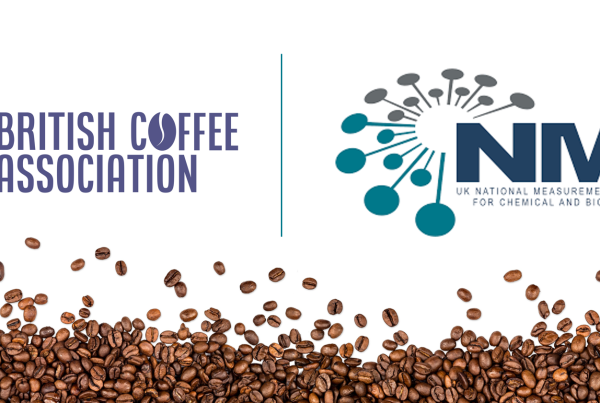The Government is playing a high stakes poker game and, still, a ‘no deal’ Brexit is looming unless Mrs May is able to convince parliament that she can secure the best possible deal for the UK and bring parliament with her under a meaningful vote. If a ‘no deal’ eventuality does play out, this would have a huge impact on the coffee industry and could potentially be disastrous for some UK businesses. One of the most significant outcomes of a ‘no deal’ would mean a return to World Trade Organization (WTO) rules, and tariffs on roasted coffee imported from the EU would be set at 7.5%, and tariffs on instant coffee set at 9%, which would add a massive cost on to the manufacturing and supply of UK coffee. The imposition of tariffs could even lead to reduced consumer choice of coffee varieties and brands on the market in the UK as it would make the environment impossible, for some of the smaller brands or European-based companies in particular, to play in.
Tariffs and application of WTO rules are particularly negative for the coffee industry because, even though the largest single category of UK imports is green coffee (£398m, 175000t) from the Rest of World (RoW), the supply chains that are in place mean that the imports of coffee and coffee products from the EU are of greater value than compared with the RoW (£516m vs £463m). Imports from the EU are principally roasted coffee (£255m) and soluble coffee (£181m). Roast and ground coffee enter the UK from many EU members. Imports are dominated by France (£67m), Germany (£66m) and Italy (£48m). Also, soluble coffee in the UK is mainly supplied by internationally based brand owners who typically have multiple manufacturing operations across the EU and the UK soluble coffee market is broadly equivalent in size to that of the rest of the EU combined.
Following such a prolonged period of uncertainty through the negotiations, another problematic impact on UK coffee businesses has been the weakening of the pound in international trade, particularly at key points when Brexit talks have stumbled. Coffee beans are of course a dollar-traded commodity, so the weakening of the pound has again added significant costs through foreign exchange to UK coffee companies in being able to trade, import, and sell coffee.
Additionally, the third key area of concern is on migration and labour movement into the UK following our departure from the EU. The UK economy relies heavily on inward migration of EU workers, and the current negotiating position suggests that free movement will end after Brexit, in favour of applying EU migrant applications for work visa’s and favouring highly skilled workers. This will prove problematic for all industries, not least the coffee sector, making ‘business as usual’ significantly harder and could even be damaging for companies if they cannot fill specific job roles.



